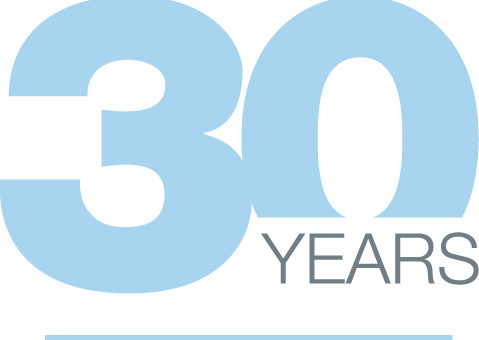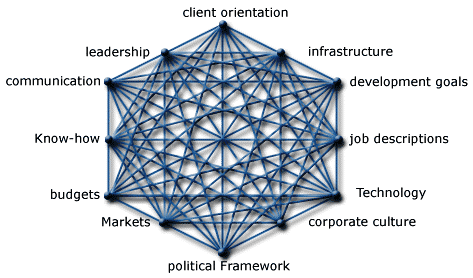
Dear Reader,
It’s been a while since I wrote blog post, but I’m taking the occasion of recently turning 30 to reflect on what it means to me, where I stand in life now and my perspective on what is yet to come in the future.
To start, I’m glad to say it’s been hectic, rewarding, challenging, stressful at times but most importantly an enjoyable journey. Looking back at the last 10 years, I feel blessed to have been faced with many challenges, phases of life, career changes, love life changes, and I even lived abroad for a short while.
In the past 10 years, I’ve changed 4 jobs and had a complete career shift from IT into Management Consulting. In that period I’ve also earned 6 international certifications and a masters degree. I’ve establish multiple NGOs, elected to the Board in some, advised numerous others, trained more than a 1,000 youth and professionals alike, travelled to numerous countries, met some of the most inspiring people but most importantly married the love of my life and got a beautiful baby boy.
Now that I’m 30, I feel I’m at the nexus of life where I’m definitely more mature, experienced and knowledgeable than any of my previous years, but I’m also less interested in many things, less eager about proving myself here or there, less enticed by new adventures and definitely less willing to take risks.
Overall I feel more rooted in who I became, my family, my country, my friends, my network, my comfort zone in general. Yet 2 things I can’t seem to quench, my curiosity and my ambitions. I constantly feel restless to learn more and achieve more things in my life. In every avenue I take whether it being professional life, academic knowledge, volunteer work or personal/social life… I constantly am on the lookout for what is yet to come, what is next, what the future will bring.
This restlessness is sometimes a much needed fuel that keeps me going, to aspire for more impact and growth, to do more and learn more. Yet at times it somehow feels like a burning desire to take some unwarranted risks, to dedicate more time and effort in things that might not necessarily be in line with what is best at the moment, to dream of things that are not yet attainable nor practical.
One thing I know for sure is that my brain never stops pondering about the possibilities that lay ahead, the “what ifs”, the different ways I can be spending my time and effort. Sometimes I get that urge to just quit my job and break free from the never ending rat race and go freelance, do what I am passionate about, explore different options, establish some social enterprise or simply just hustle my way through life. Sometimes I feel like I want to take a whole quarter of un-paid leave and just spend time with my wife and baby, do some volunteer work, travel around different countries, experience new things that I have been wandering about.
Then reality check comes in and reminds me of all the pros and cons. It reminds me about the lifestyle I’ve put my self and my family in, about the responsibilities of being a husband and a father, about the potential of not being able to provide to my family the basic needs if things go south. The debate goes on for a while in my head, and usually this happens late at night while gazing out from my balcony to the view of the city, the sea and nature. I realize that the 3 of them are co-existing, balanced somehow, even though some take a toll on the other, but they co-exist and have found their equilibrium (though they are ever changing, they still stabilize somehow). So I remind myself of all that I’m doing lately, from work to volunteering to quality time with family and friends. It gets me to realize that the sea ought not take over the city and nature, nor the city to overtake the others, and balance is the key to sustainability. So I calm myself down and hold my horses from going irrational.
30 is an interesting age, a time in life where one is equipped to do much more than before, but also has many more guidelines and responsibilities. It’s exciting and calming at the same time. It allows me to reflect on the many things that have passed and been achieved, and the many more things that are yet to be done. It reminds me that 3 decades have passed, and God willing, I’d have many more yet to come, so there is still time to do a lot. It gives me the realization that the world doesn’t move as fast as I hope it would, things don’t change as rapidly as I’d like, achievements don’t come by as frequently as I desire, nevertheless there is time and patience is a virtue.
For now, I’m going to take it easy and enjoy the 30s, keep on dreaming and aspiring, keep on pushing for more and learning more while still ensuring that I’m well rooted and grounded, lest I leap into the realm of the unknown.








